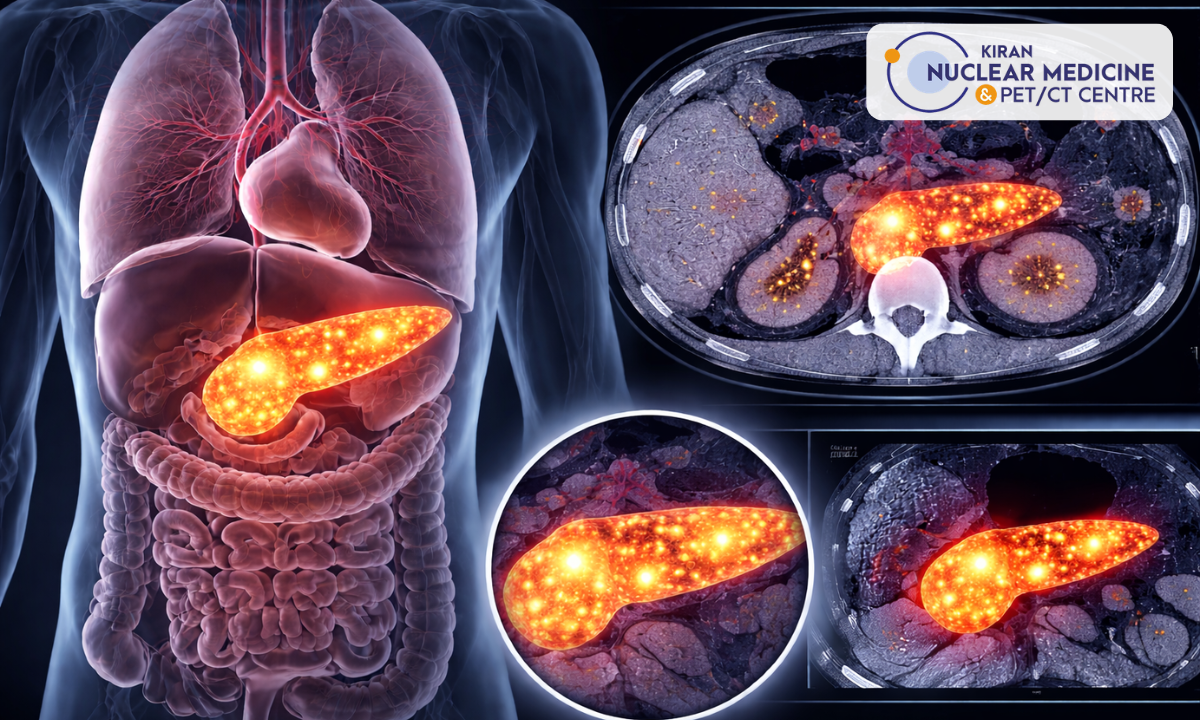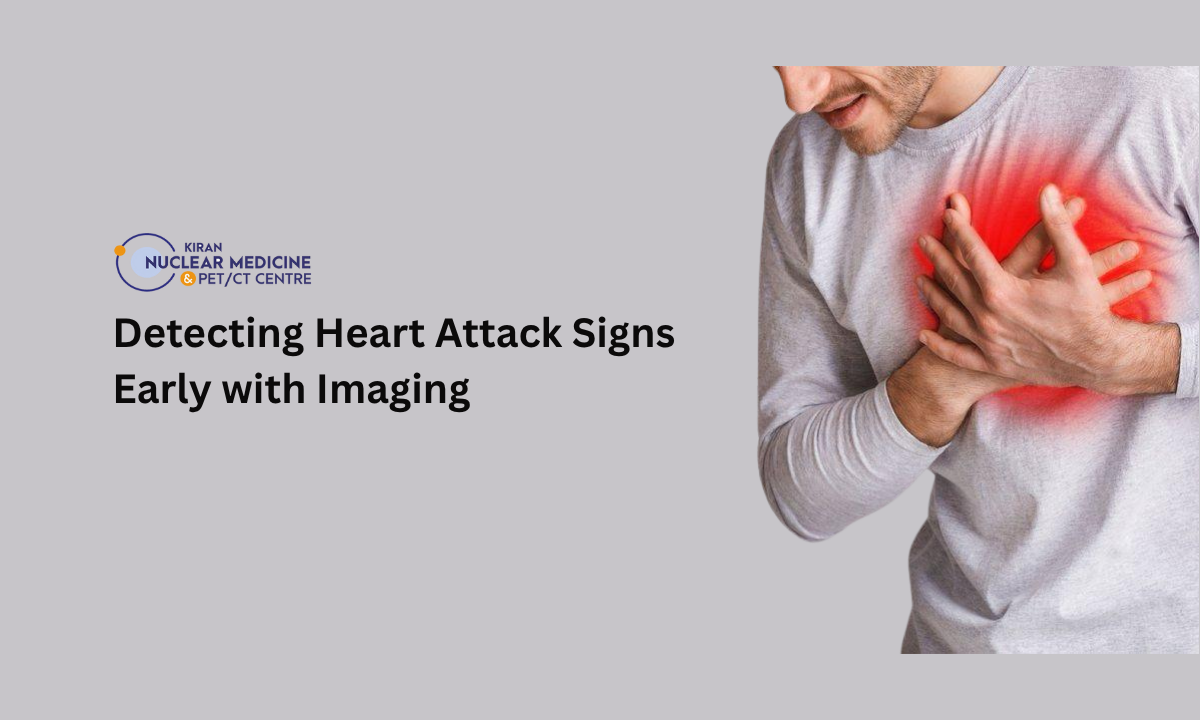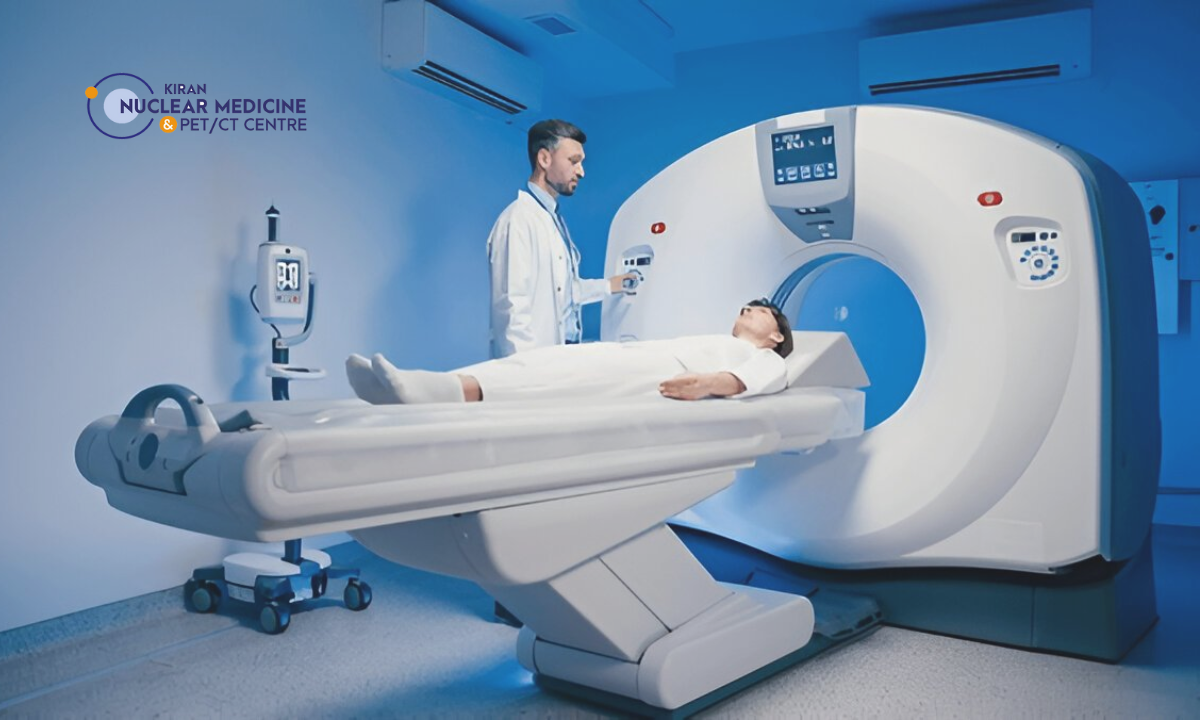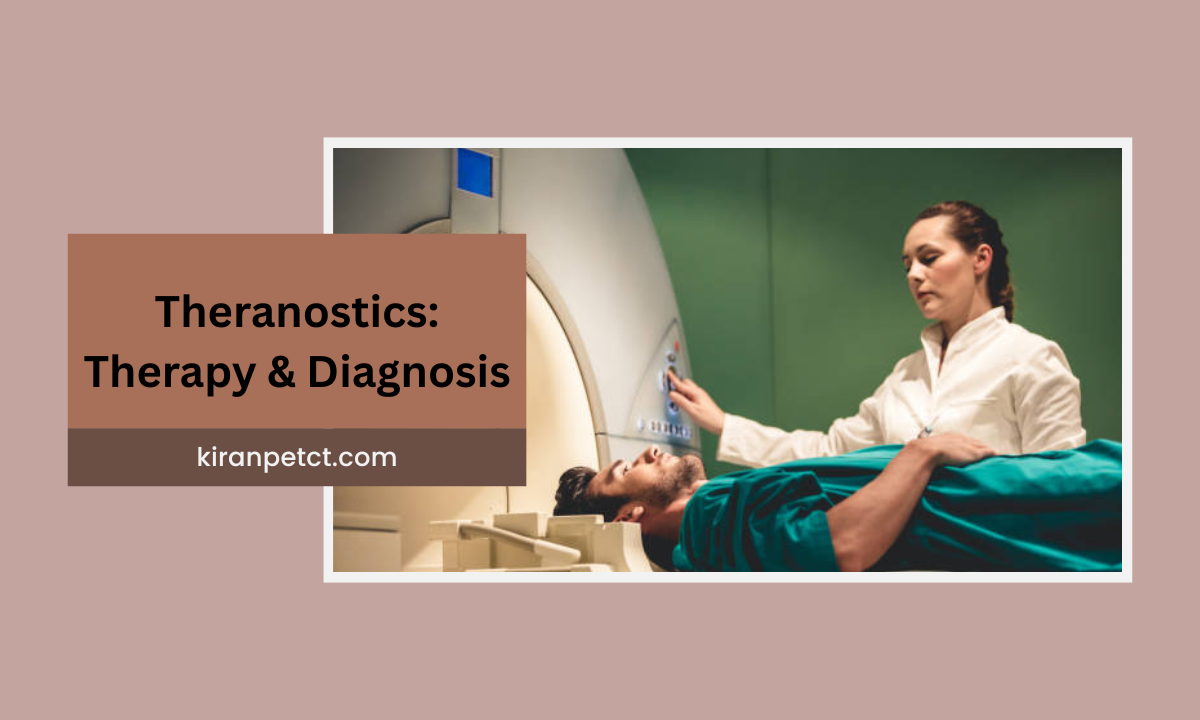The thyroid is a little butterfly-shaped gland found at the base of your neck. Small as it may be, it plays a gigantic role in controlling the metabolism, energy, and hormone production of your body. Any abnormality or malfunction of this gland may result in numerous health issues. Three of the most prevalent disorders impacting the thyroid include goiter, thyroid nodules, and thyroiditis.
Modern imaging techniques have revolutionized the diagnosis and management of thyroid disorders, allowing for early detection and accurate evaluation of these disorders. In this blog, we’ll delve into how imaging helps in understanding goiter disease, nodules, and inflammation of the thyroid, and why it is crucial for your overall health.
Understanding Thyroid Gland Function

The thyroid gland function is to secrete hormones like thyroxine (T4) and triiodothyronine (T3), which control the body’s metabolism, temperature, and energy expenditure. It also has a major role in controlling heart rate, digestion, and brain development.
When the thyroid gland function is disrupted—either overproducing hormone (hyperthyroidism) or underproducing (hypothyroidism)—it can cause widespread symptoms such as fatigue, weight changes, anxiety, depression, and palpitations of the heart.
Goiter: An Overview
A goiter is an abnormal growth of the thyroid. Some goiters are painless and are only found by imaging or physical examination, but others may produce noticeable swelling in the neck and swallowing or breathing problems.
Causes of Goiter Disease
The etiology of goiter disease can be varied:
- Iodine deficiency – Most common cause in the world.
- Autoimmune diseases – e.g., Hashimoto’s thyroiditis or Graves’ disease.
- Thyroid nodules – May result in uneven enlargement of the gland.
- Hormonal changes – Particularly during pregnancy or puberty.
Thyroid Nodules: What You Need to Know
Thyroid nodules are solid or fluid-filled lumps that form within the thyroid gland. While most nodules are benign, a small percentage can be cancerous, making early detection crucial.
Nodules can be asymptomatic and are typically discovered during a checkup or imaging. Large nodules, however, can produce noticeable swelling or signs of pressure, particularly if they occur close to the windpipe.
Ultrasound is the initial imaging technique used to assess thyroid nodules, giving valuable information about their size, structure, and malignancy risk. In certain situations, additional assessment by fine needle aspiration biopsy is required.
Thyroiditis: Inflammation of the Thyroid
Thyroiditis is the inflammation of the thyroid gland and can present in several forms, including Hashimoto’s thyroiditis, De Quervain’s thyroiditis, and postpartum thyroiditis. It may cause a temporary phase of hyperthyroidism, which is often followed by hypothyroidism.
Imaging is an important factor in evaluating thyroiditis. Ultrasound and nuclear scans are used to distinguish between infectious, autoimmune, or subacute types of the disease. The gland can be irregular, inflamed, or have decreased uptake in nuclear imaging based on the category of thyroiditis.
Imaging Modalities for Thyroid Diagnosis
- Ultrasound Imaging
- Cost-effective, not invasive, and widely available.
- Assesses the structure of the thyroid gland, determines the presence of nodules, cysts, and inflammation.
- Identifies whether nodules are solid or fluid.
Thyroid Scintigraphy (Nuclear Medicine Scan)
- Quantitates the gland activity with a tiny amount of radioactive iodine.
- Differentiates between hot (functional) and cold (nonfunctional) nodules.
- Critical in the diagnosis of hyperthyroidism and assessment of nodule functionality.
- CT and MRI
- Used infrequently as an initial imaging modality.
Beneficial when assessing large goiters, retrosternal extension, or when results are indeterminate on ultrasound.
Role of Imaging in Goiter and Thyroid Pathology
Early and accurate imaging guarantees:
- Accurate diagnosis
- Evaluation of malignancy risk factors
- Guidance for biopsy procedures
- Effective treatment monitoring
This is particularly true in instances where nodules increase rapidly, or goiters result in compressive symptoms.
When Should You Opt for a Thyroid Scan in Bangalore?
If you experience any of the following symptoms or if your physician suspects a thyroid condition, it is best to opt for a thyroid scan in Bangalore or your city:
- Unexplained weight loss or gain
- Swelling at the base of the neck
- Persistent fatigue
- Irregular heartbeat
- Mood changes
- Swallowing or breathing trouble
A thyroid scan in Bangalore provides quality diagnostics with advanced imaging technology, allowing residents and patients from the surrounding area to get proper and timely treatment.
Why Imaging Is Better Than Depending Only on Symptoms
Symptoms of thyroid disorders are usually nonspecific and may resemble other health disorders. Depending solely on physical symptoms or blood work can lead to delayed diagnosis or inadequate testing.
By combining imaging with clinical and biochemical assessments, medical practitioners can make more accurate and targeted treatment interventions.
Conclusion: Kiranpet – The Pioneer in Thyroid Wellness
With increasing awareness of thyroid well-being, it is essential to approach diagnosis and treatment from centers with access to advanced imaging technology and knowledge.
Kiranpet, with its dedication to wholistic wellness and contemporary healthcare services, leads the way in the promotion of thyroid health via state-of-the-art diagnostic imaging and customized treatment plans. Be it a case of suspected goiter disease, ambiguous thyroid gland function, or the necessity of a comprehensive thyroid scan in Bangalore, focuses on early detection, prevention, and personalized care.
With superior infrastructure and a highly skilled team, Kiranpet makes it possible for people with thyroid disorders to get timely interventions and precise diagnoses, which go a long way towards improving health outcomes.
It doesn’t take a complicated understanding of your thyroid. With proper methodology, superior imaging, and specialist guidance from centers such as Kiranpet, treating and managing thyroid disorders is not only feasible, but more than effective.







